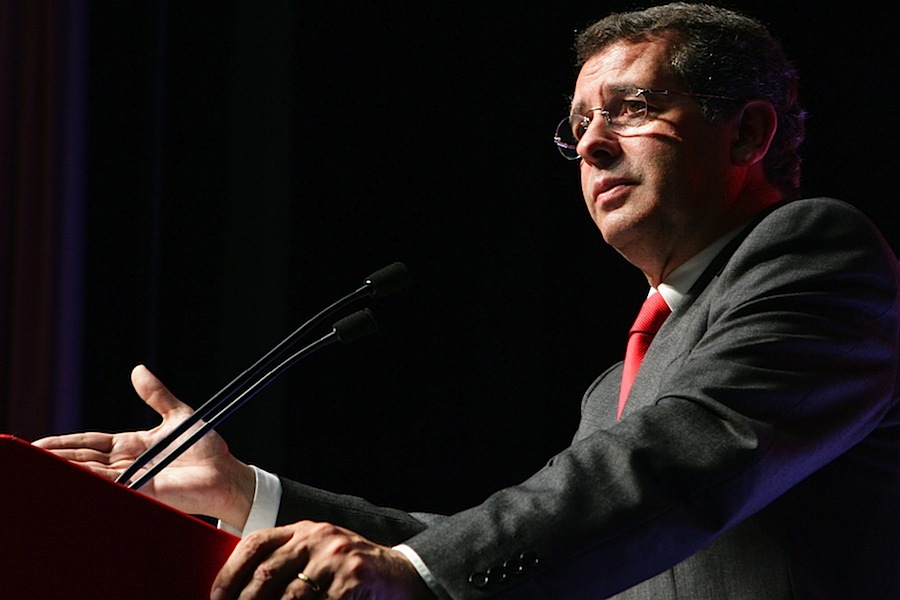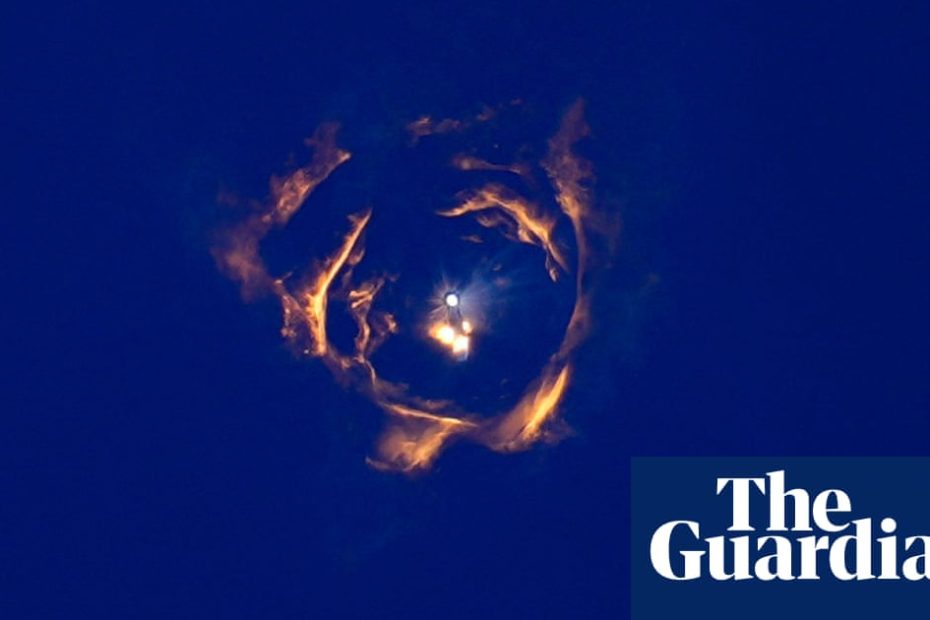U.S. and Turks and Caicos Islands to investigate SpaceX launch failure resulting in debris incident
Officials with the Federal Aviation Administration and the Turks and Caicos Islands have launched an investigation into an explosive SpaceX Starship rocket test that sent debris flying across the northern Caribbean Sea and forced airlines to reroute dozens of flights.
The FAA, which oversees private rocket launches, said: “There have been no reports of public harm, and the FAA is working with SpaceX and appropriate authorities to confirm reports of damage to public property in the Turks and Caicos Islands.”
An upgraded version of SpaceX's Starship exploded over the Bahamas on Thursday about eight minutes into the company's seventh test flight from Texas. It sent burning debris miles over the British Overseas Territory of Turks and Caicos Islands.
Residents of South and North Caicos described strong rumblings that shook the ground to Reuters and said they had received news from friends in North Caicos who had discovered charred fragments of what they believed to be the remains of a starship.
“My mirrors and walls are shaking,” said Veuleiri Artiles, a woman who was working in South Caicos when the rubble fell. “It was like being on a plane…my ears were ringing.”
“It felt like an earthquake,” said Ibalor Calucin, who lives on the island of Providenciales in the area. “It was so scary…everyone in our apartment ran to the parking lot.”
Royal Turks and Caicos Islands Police Commissioner Fitz Bailey told Reuters a “multi-agency investigation is ongoing” into the Starship explosion. He declined to comment on reports that debris caused damage to public property.
The rumbling sound was caused by dozens of glowing orange fragments from the starship explosion, which broke the sound barrier and thundered across the island as it hurtled into the atmosphere, according to ground-based seismic sensor data analyzed by seismology researcher Benjamin Fernando. A loud noise. at Johns Hopkins University.
Fernando said the rumble on the ground was “about 10 millimeters per second, which is actually pretty loud.” “This is a relatively large ground movement. It's the equivalent of a small earthquake.”
The exploding Starship rocket debuted several new onboard capabilities and carried the first mock satellites intended to be deployed in space.
SpaceX's Starship system launched from Boca Chica, Texas, at 5:37 pm ET on Thursday and flew east over the Gulf of Mexico. As planned, the Starship separated from its Super Heavy booster at an altitude of 40 miles (64 kilometers), ignited its six engines, and flew deeper into space.
Newsletter Promotion Post
The rocket will fly in a suborbital orbit around the Earth, re-enter the atmosphere over the Indian Ocean and attempt a propulsive landing on the water.
But SpaceX later confirmed the rocket's death after losing contact with the rocket shortly after it separated from its Super Heavy rocket.
“Preliminary data indicates a fire broke out in the stern of the ship, which resulted in rapid and unexpected disassembly of the hull,” SpaceX said in a statement on its website.










